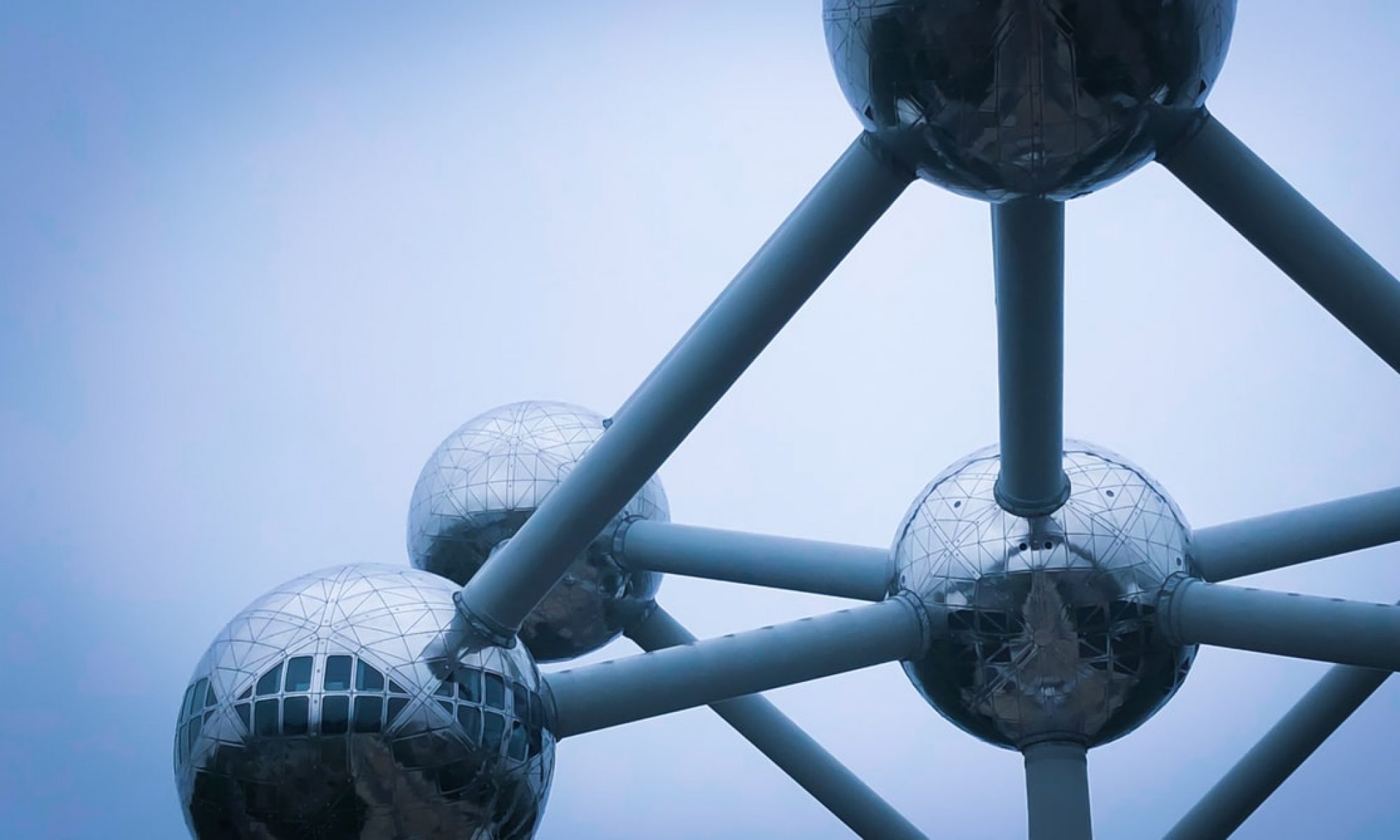Documentation
Tutorial
How to cite Newton-X
If you publish any results using Newton-X, please cite:
- 1 M. Barbatti, M. Bondanza, R. Crespo-Otero, B. Demoulin, P. O. Dral, G. Granucci, F. Kossoski, H. Lischka, B. Mennucci, S. Mukherjee, M. Pederzoli, M. Persico, M. Pinheiro Jr, J. Pittner, F. Plasser, E. Sangiogo Gil, and L. Stojanovic. Newton-X Platform: New Software Developments for Surface Hopping and Nuclear Ensembles. J. Chem. Theory Comput. 18, 6851 (2022).
doi: 10.1021/acs.jctc.2c00804 SMASH
References to specific methods, algorithms, and third-party programs used in Newton-X are given in Chapter 7 of the Documentation.
References and Examples
The NEWTON-X program
- M. Barbatti, M. Ruckenbauer, F. Plasser, J. Pittner, G. Granucci, M. Persico, H. Lischka, WIREs: Comp. Mol. Sci. 4, 26 (2014).
doi: 10.1002/wcms.1158 - M. Barbatti, G. Granucci, M. Persico, M. Ruckenbauer, M. Vazdar, M. Eckert-Maksic and H. Lischka, J.Photochem. Photobio. A 190, 288 (2007).
doi: 10.1016/j.jphotochem.2006.12.008
Spectrum simulations
- R. Crespo-Otero and M. Barbatti, Theor. Chem. Acc. 131, 1237 (2012).
doi: 10.1007/s00214-012-1237-4 - M. Barbatti, A. J. A. Aquino, and H. Lischka, PCCP 12, 4959 (2010).
doi: 10.1039/B924956G
QM/MM surface hopping simulations
- M. Ruckenbauer, M. Barbatti, T. Muller, and H. Lischka, J. Phys. Chem. A 114, 6757 (2010).
doi: 10.1021/jp103101t
Surface hopping with wavefunction overlap method
- J. Pittner, H. Lischka, and M. Barbatti, Chem. Phys. 356, 147 (2009).
doi: 10.1016/j.chemphys.2008.10.013 - L. Stojanović, S. Bai, J. Nagesh, A. F. Izmaylov, R. Crespo-Otero, H. Lischka, and M. Barbatti, Molecules 21, 1603 (2016).
doi: 10.3390/molecules21111603
Review of applications
- M. Barbatti, M. Ruckenbauer, J. J. Szymczak, A. J. A. Aquino, and H. Lischka, PCCP 10, 482 (2008).
doi: 10.1039/b709315m
Review of methods
- R. Crespo-Otero and M. Barbatti, Recent Advances and Perspectives on Nonadiabatic Mixed Quantum-Classical Dynamics, Chem. Rev. 118, 7026 (2018).
doi: 10.1021/acs.chemrev.7b00577 - M. Barbatti, WIREs: Comp. Mol. Sci. 1, 620 (2011).
doi: 10.1002/wcms.64
Training
Extensive documentation, tutorials, and a discussion forum are available to guide and help the users. Besides that, a series of workshops discussing theory and the practical usage of the program has been organized in the last years. If you are interested in organizing such a workshop in your institution, you may contact one of the developers.
Previous workshops
- L. Stojanovic and M. Barbatti, “Excited States and Nonadiabatic Dynamics CyberTraining“, June 2021.
- D. Fazzi and M. Barbatti, “Nonadiabatic phenomena and excited-state dynamics”, February, 9-12, 2014, Jeddah, Saudi Arabia.
- M. Barbatti, “Ultrafast Photoinduced Processes in Molecules”, November 18-22, 2013, Sao Carlos, Brazil.
- M. Barbatti, “Introduction to photoinduced phenomena in molecules”, The 8th Thai Summer School of Computational Chemistry, September 24-26, 2011, Chiang Mai, Thailand.
- M. Barbatti, “Ultrafast processes in organic and metalorganic compounds”, Seminars of Advanced Studies on Molecular Design and Bioinformatics, July 10-12, 2011, Havana, Cuba.
- M. Barbatti, “Femtochemistry: a theoretical overview”, March 21-25, 2011, Sao Carlos, Brazil.
- M. Barbatti, “Femtochemistry: A theoretical overview”, May 18-22, 2009, Rio de Janeiro, Brazil.
- M. Barbatti, H. Lishcka, M. Persico, and J. Tully, “Mixed Quantum-Classical Dynamics: Foundations and Application to Photobiological Questions”, July 7-12, 2008, Vienna, Austria.

